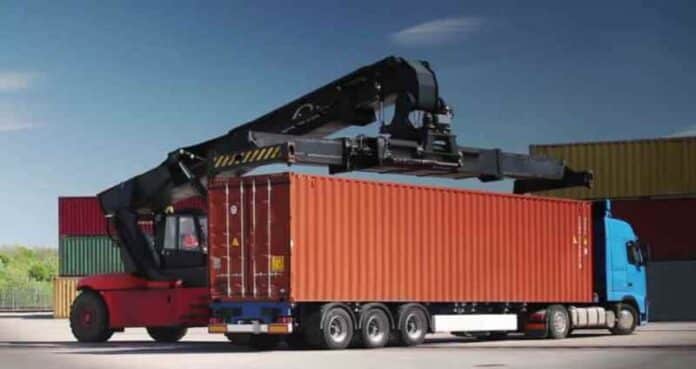TMS is the abbreviation for Transport Management System. It is a detailed process that caters to aid the transportation activities of a business. We will see what TMS is, how it works, its benefits for a business, and more in this reading.
Transport management is a huge industry and had a global market size of 7.7 billion USD in 2020. The number of web-based TMS providers is also increasing day by day as the market size is increasing rapidly and is estimated to grow up to 17.8 billion by 2025.
Transportation of goods plays an important role in the supply chain. The goods made by any given business will not reach the buyer without a transportation facility, and since transportation plays such a big role in the supply chain, it becomes essential to track, manage, and organise it for convenience and a better understanding of transport-related activities.
The transport management system is a tech-based organizing platform that enables the business to track, organize, and understand various activities and is logistics-based. The activities include contract management, lorry-hiring, delivery, billing, and everything in between.
How TMS works?
The transport management system is software that organizes, manages, and optimizes transport-related operations for a given client. There are many TMS service providers available, and a good and reliable TMS service provider should include the following elements:
- Contract management
- Order management
- Lorry placement
- Pickup collection
- Docket
- Waybill
- Lorry arrival or POD
- Delivery or MGRP
- Bill submission
Benefits of the Transport Management System
There are a number of advantages of the transport system for business activities, and its results in efficient work. Let us look at the benefits TMS offers to a business.
1. Cost-effective
TMS helps in cutting costs and reducing business expenses. It does so by reducing freight expenses. TMS provides data related to everything that is involved in the process of transportation and provides relevant and valuable information to the business. By the data alone, one can work on the weak parts and improve business activities by cutting costs. TMS provides solutions to related problems, and according to Inbound Logistics Magazine, the freight invoice can be cut down to 5-10% because of TMS.
2. Better warehouse productivity
TMS helps in warehouse productivity. To understand this, take the example of outsourcing. When we outsource our traditional daily work, we can focus on work of core importance because now we have increased time. Similarly, when we have a transport management system, we save time for other business activities, and that time should be utilized properly by the business for efficient outputs.
3. Customer care
In business, the customer is the king, and it is of great importance that customers stay satisfied with the service a business is providing. When we talk about transportation and freight, the delivery of goods is what comes to mind. Today’s customers have certain delivery expectations that the business needs to fulfill. These expectations can be faster delivery, minor changes at the last minute, or additional requests. TMS helps the business to solve these complications and even reduces delivery costs for both the business and the customer.
4. Delivery tracking
TMS enables the business to track orders and deliveries all the time. Apart from knowing the status of the product or cargo, tracking deliveries has primarily 2 more benefits. The first is it helps the business to come up with solutions in case of delays or any issue regarding the deliveries. They can look for the cause. If the cause for delays is internal, the business will fix it. However, if the cause is external, the business should try to avoid such situations. The second benefit is based on external factors like traffic or long routes. The TMS can help in selecting a more convenient and less time-taking route by the relevant data.
5. Organized transportation activities
Organised activities, let be of any sector, only result in positive outcomes. This means in every sector, having a well-organized system to track and arrange activities helps the sector. This reduces unnecessary confusion within the sector and reduces the workload since time and effort are not to be wasted on activities already done. The flow of information in TMS helps the business to understand the inbound and outbound better and simplify the entire operation.
Conclusion
Companies realize that TMS is critical to their success. Perhaps this is the cause behind TMS’s increasing market size. From 2020 to 2027, the global market size is expected to expand at a compound annual rate of 18.2 percent. According to the World Economic Forum, digitalization in the logistics industry might unlock a 1.5 trillion dollar opportunity by 2025.
For potential business growth, better management, reduced operational costs, enhanced customer service, and accurate order fulfillment, TMS is crucial for the business.

